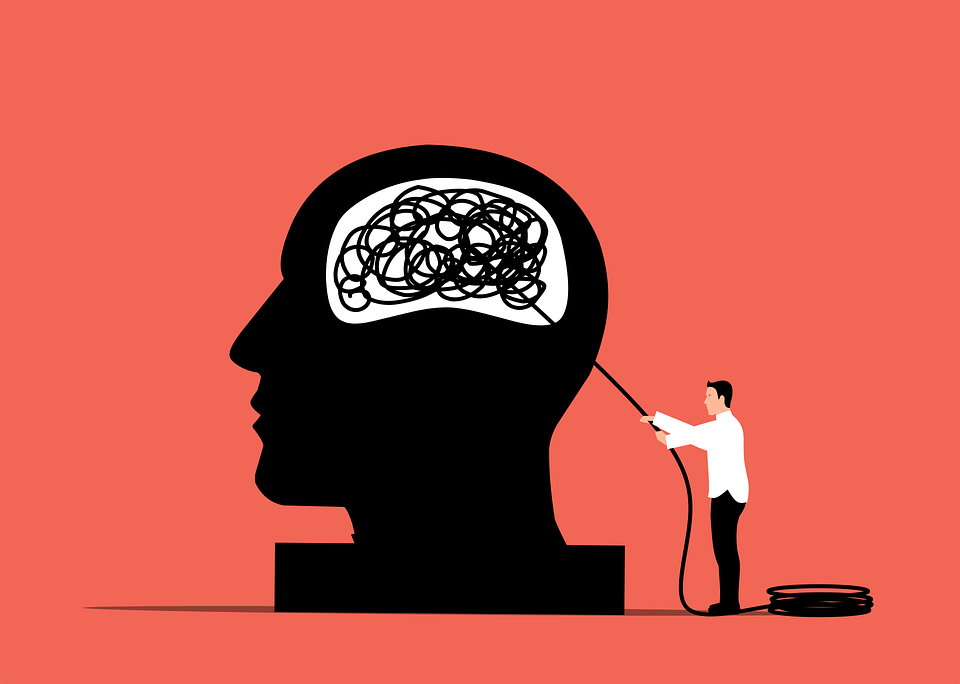increase brain and memory power

Laziness: 8 Japanese techniques to overcome it
Laziness can be a common struggle that affects our productivity and progress towards our goals. Japanese people have long been known for their longevity and Japan consistently ranks among the countries with the highest life expectancy in the world. Japanese culture emphasizes discipline and continuous self-improvement.

Mind: 8 powerful tips to energized
In our fast and demanding world, maintaining a vibrant and energized mind is crucial for productivity, creativity and overall being. Just as we prioritize physical exercise to keep our body fit, it is equally important to exercise and energize our minds.

Endorphins: The natural painkiller
Endorphins are the body’s natural pain, relievers and mood boosters. They are naturally produced during pleasurable activities like exercise, sex and laughing as well as painful experiences such as twisting your ankle.

The Brain: 10 habits that damage your brain
There are several habits that can potentially damage your brain over time. It’s important to note that the brain is a complex organ and the effects of these habits can vary depending on a person’s factors and the extent of the behavior

Social media addiction: Tools to Overcome
In recent years, social media platforms have become an integral part of our daily lives. While they offer numerous benefits such as connecting with others and accessing information, excessive use can lead to social media addiction.

Brain fog: Causes and Prevention
Brain fog, a condition characterized by cognitive difficulties that can affect memory concentration and overall mental clarity. People experiencing brain fog often describe it as a feeling of mental fatigue, confusion or a general laziness in the thinking processes.

Cortisol: Functions and management
Cortisol is a hormone produced by the adrenal gland in response to stress. It plays an important role in the body’s stress response system, helping to regulate various physiological functions. However, chronic or excessive levels of Cortisol can have dangerous effects on the body.

Serotonin: The natural mood enhancer
Serotonin is a neurotransmitter that plays a crucial role in regulating mood, appetite, sleep and various other physiological functions in the body. It is often referred to as the “feel good” neurotransmitter due to its association with feelings of wellbeing and happiness.

Mind Detoxification
Detoxifying your mind is essential for maintaining mental and emotional wellbeing.

Circadian Fasting for weight loss
Circadian fasting is a type of intermittent fasting that is based on the idea that our body has a natural Rhythm or circadian rhythm that dictates when we should eat and when we should fast. It involves eating during a specific window of time and fasting during another.

Dry fasting for weight loss
Dry fasting is a type of fasting that involves abstaining from both food and water for a certain period of time.

Dopamine: 10 Effective Ways to Enhance Naturally
Dopamine is a neurotransmitter that plays a crucial role in the brain’s reward and pleasure centers, is associated with motivation, mood, focus and overall wellbeing. The imbalance in dopamine levels can lead to various mental health conditions such as anxiety, depression and stress.
